There are different types of anxiety disorders. The symptoms will be different for the disorders, as will different people, experience different symptoms. Knowing what symptoms you may experience helps you and your doctor with how you can control your anxiety and panic attacks.
Post Traumatic Stress Disorder
Post-traumatic stress is a common anxiety disorder experienced by people who:
- May have been soldiers or who have lived in war-torn areas
- Who have gone through natural disasters
- Who have been the victim of a crime inflicted upon them.
The terrible occurrence or series of events in their life triggers certain reactions such as being jumpy or tense at inappropriate times, such as when someone touches them unexpectedly. They may even avoid people or places that remind them of the trauma. Post-traumatic is one of those anxiety disorders that can reveal itself weeks, months, or even years after the event itself is over.
Social Anxiety Disorders and Generalized Anxiety Disorder
Social anxiety disorders can take the form of agoraphobia, which is the fear of open places or large crowds, or generalized anxiety disorder where a person is tense and anxious at all times. These types of anxiety disorders are specifically related to people and especially strangers; rarely do they occur when someone is safe in their own home or in a familiar place.
Panic Attacks or Panic Disorders
Panic attacks are also classified as a type of anxiety disorder. This feeling of panic can come on at any time or anywhere; some even experience them when in their own bed! They can also be triggered by certain uncomfortable events or circumstances, such as being in a crowded room or when needing to do some public speaking. Panic anxiety disorder can be experienced by children, or can develop in adults for what seems like absolutely no reason at all.
If you think that you are suffering from any of these types of anxiety disorders or have any other concerns regarding your mental or emotional health, it’s always advised that you speak with a health care professional. He or she may be able to recommend certain medications or forms of therapy that might not always make the anxiety disorder go away, but can help you control it and get on with your life. The important thing to remember is that you can overcome anxiety and that there is help available, whatever your condition or concern.
If you are concerned that you may have to seek medical help for anxiety disorders there are also natural anxiety treatments available.






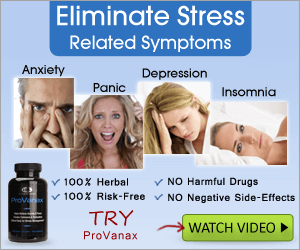

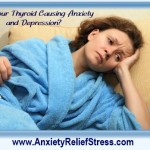


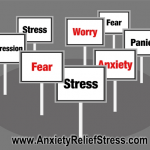



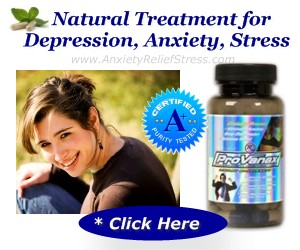


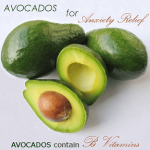
Speak Your Mind